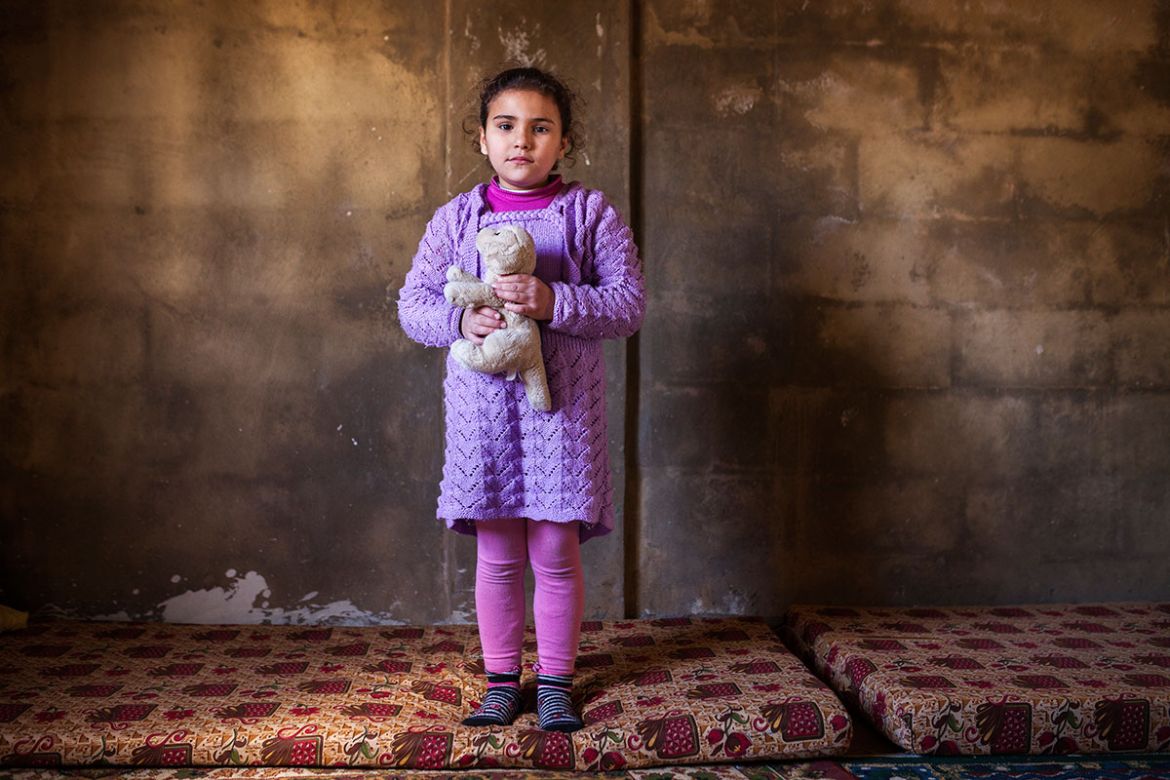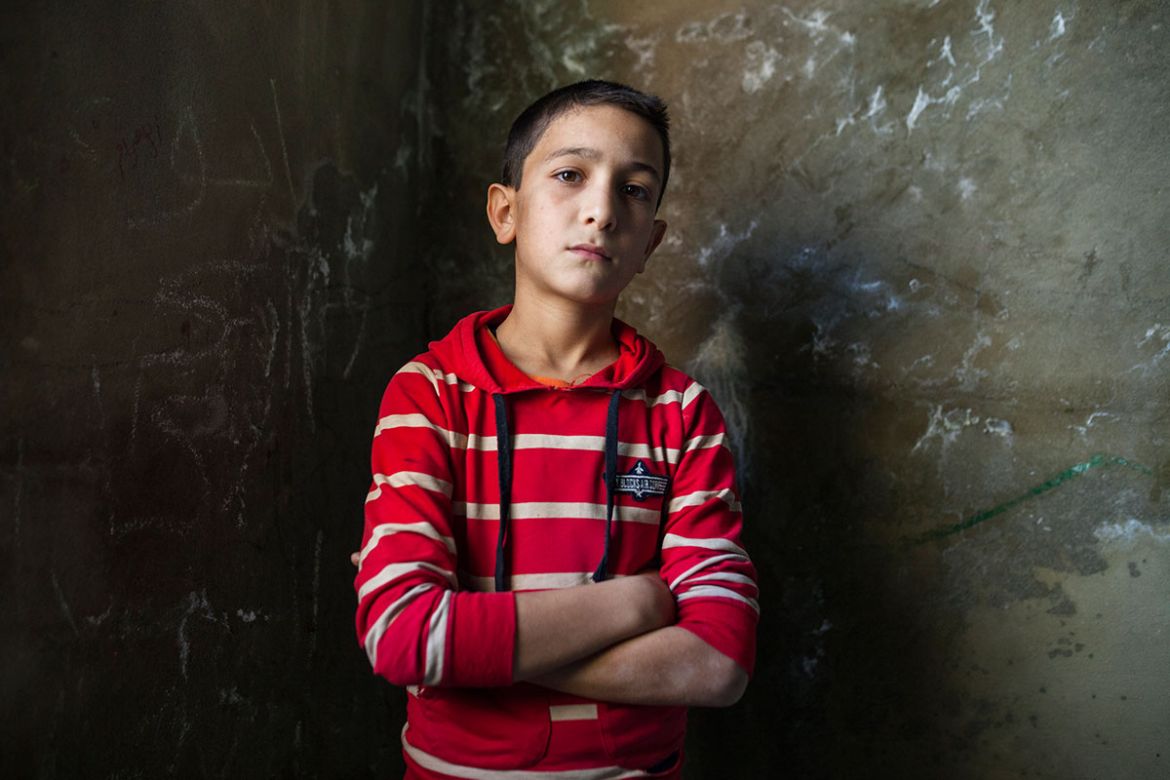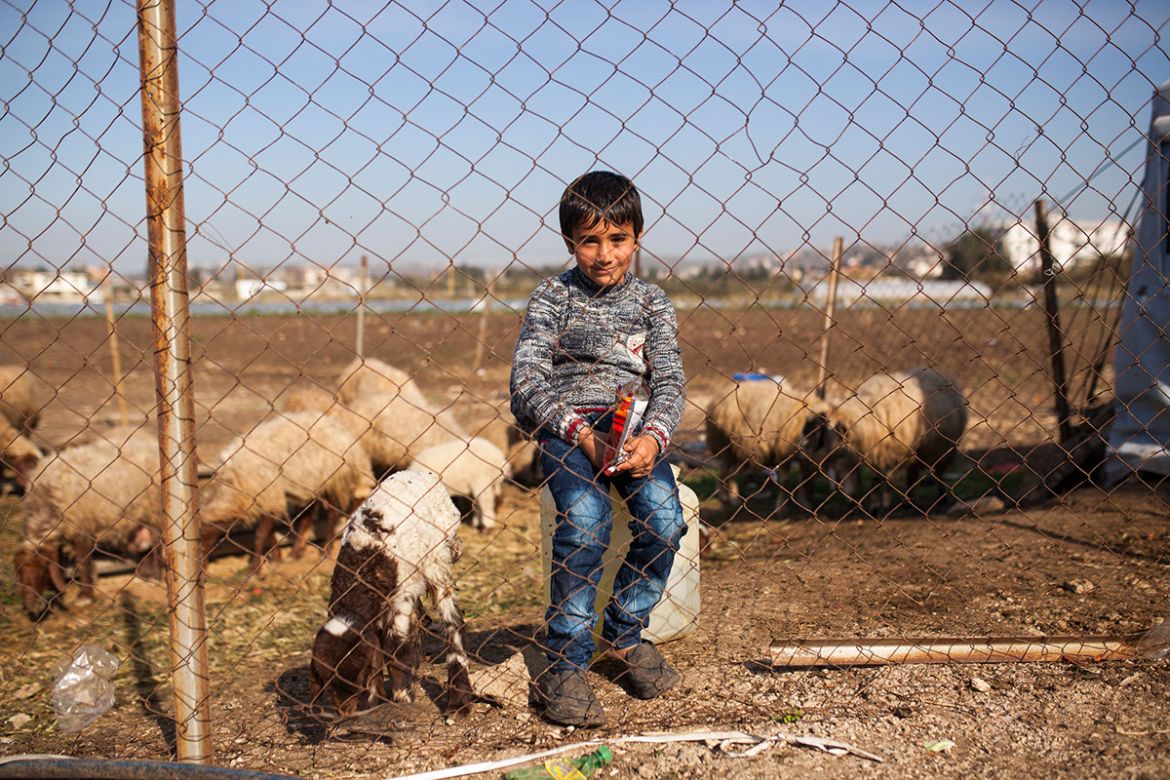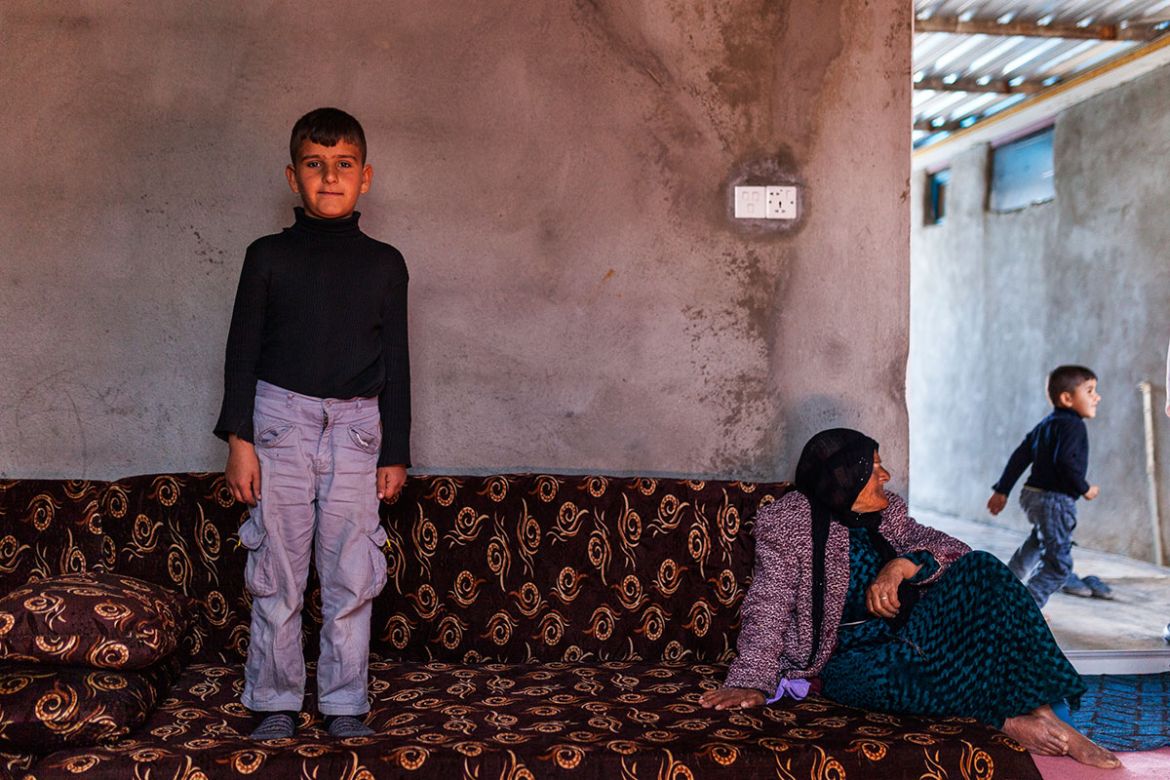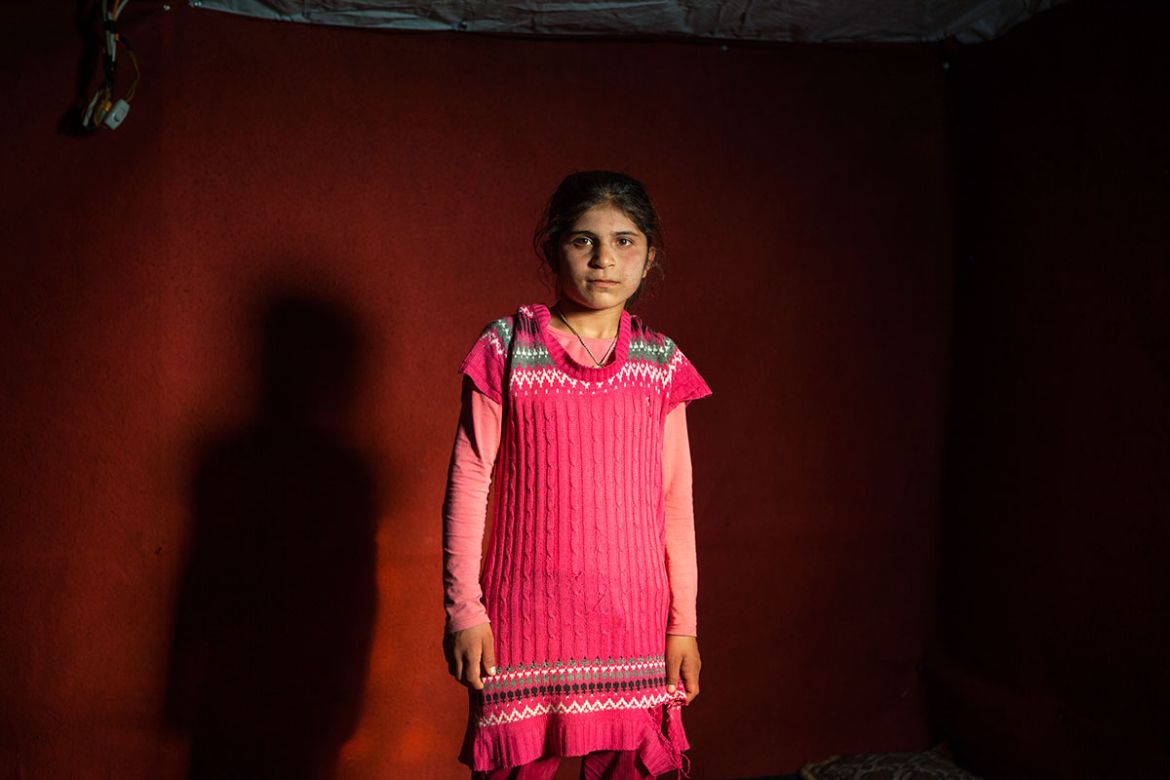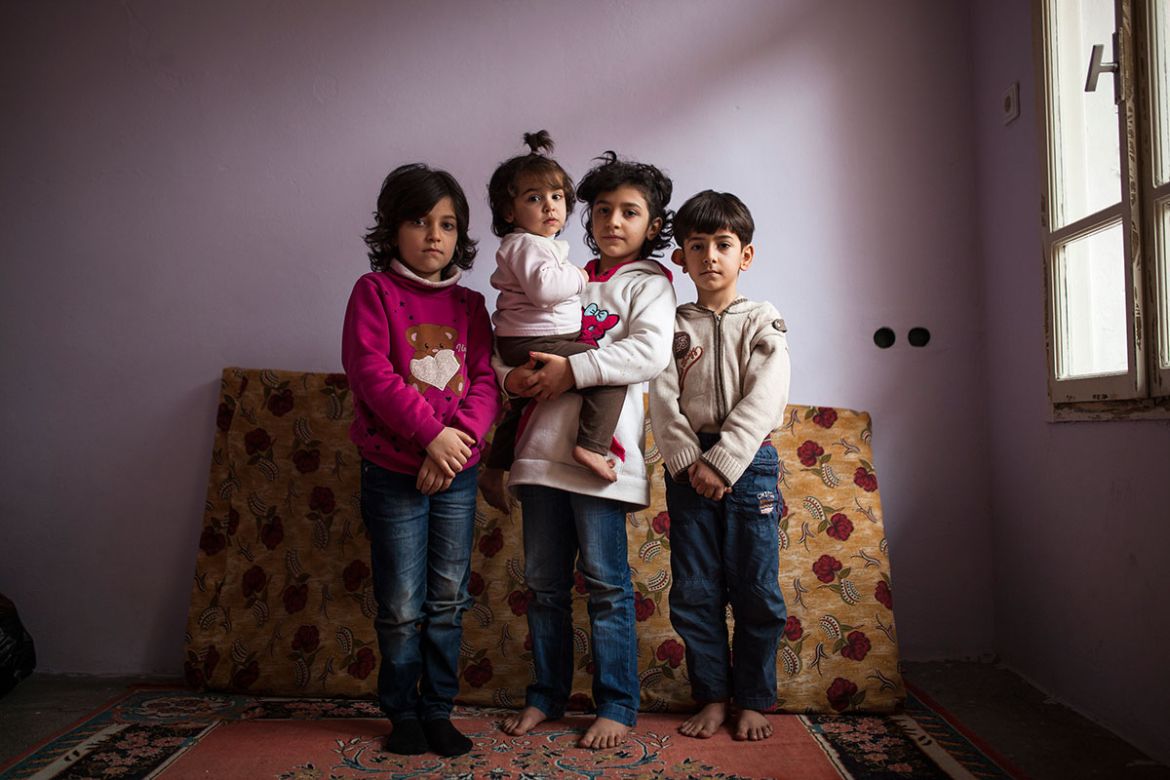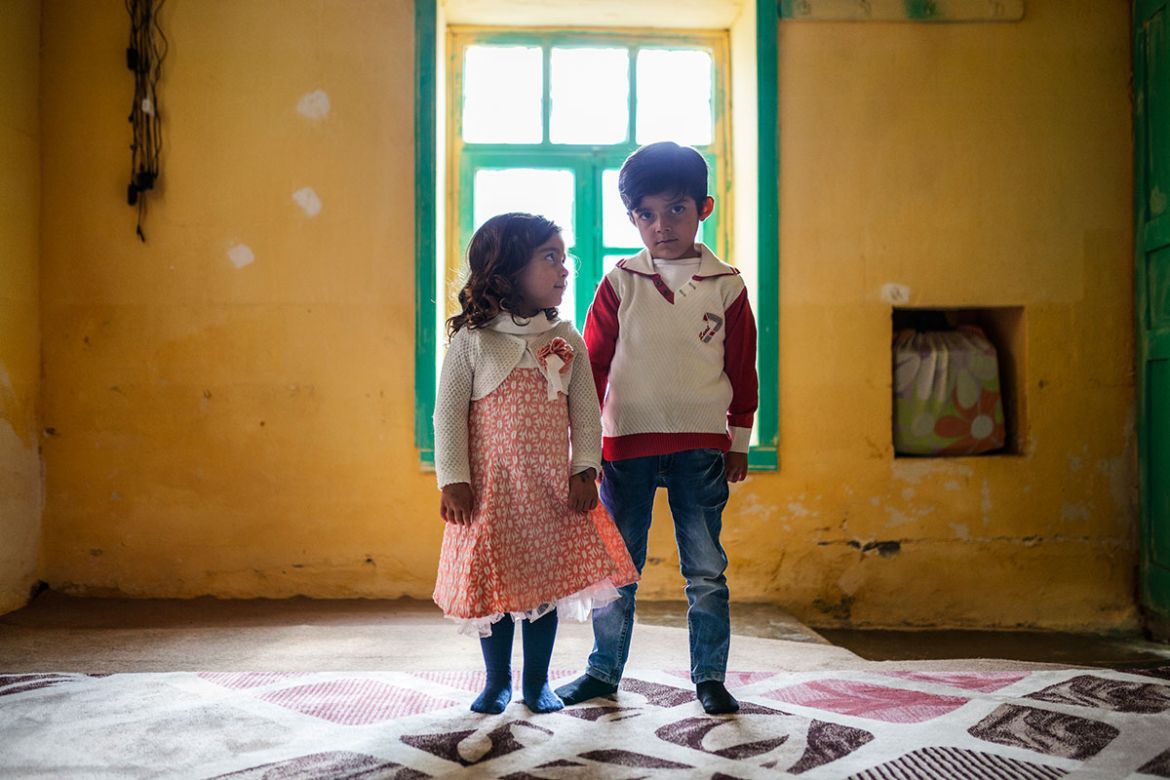In Pictures
Syrian children dream of a brighter future
Syrian refugee children discuss the challenges of a fractured life, and convey their hopes for the future.
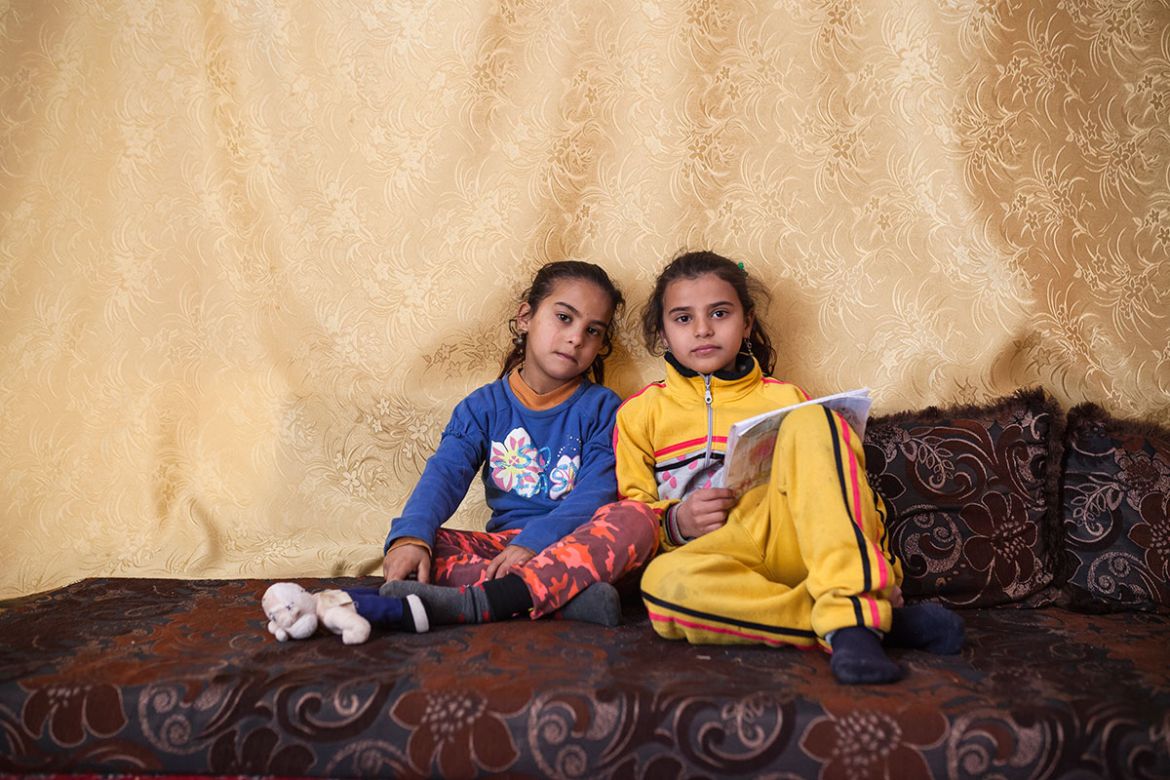
Published On 18 Mar 2016
Five years since the start of Syria’s war, millions of Syrians are struggling to survive as refugees, not knowing when they will be able to return home – or whether they will have a home to return to.
The Danish Refugee Council offers a glimpse of life through the eyes of Syria’s children, as they seek refuge in Jordan, Turkey, Lebanon and Iraq. The children discuss their hopes and dreams as they struggle to make sense of their new, fragile and confined worlds.
